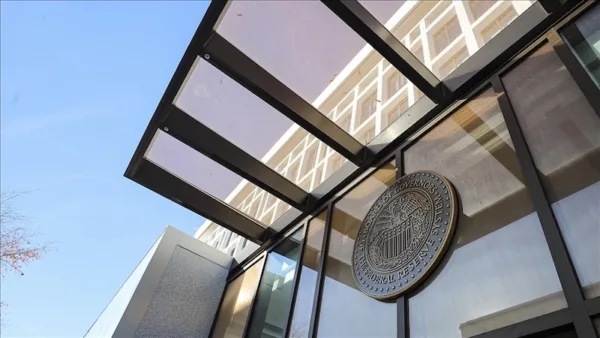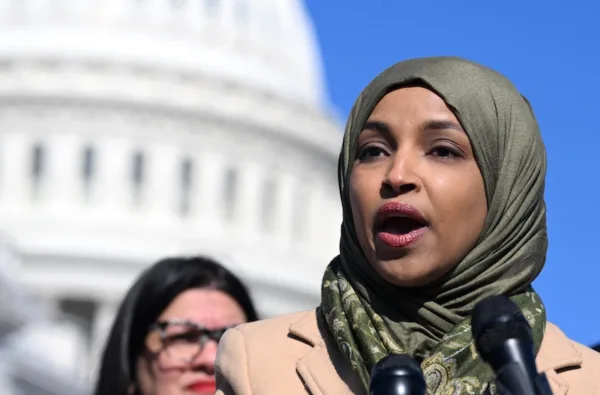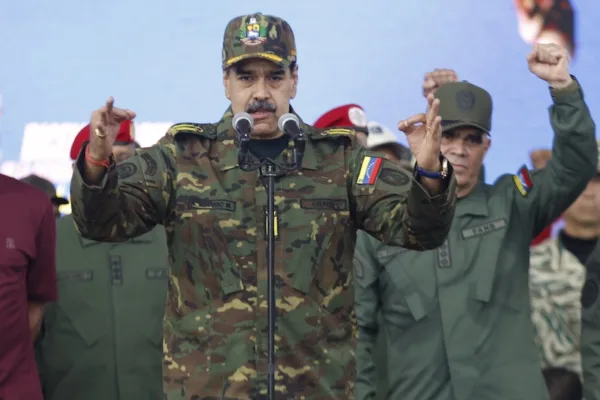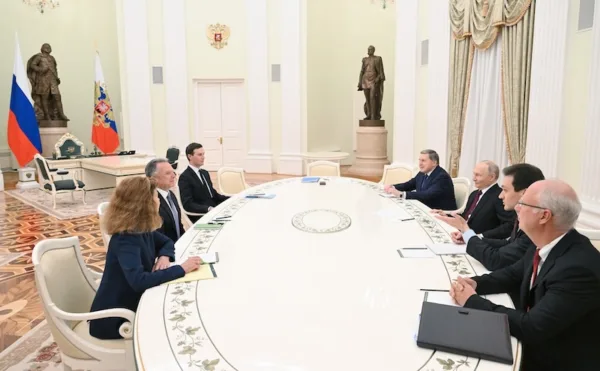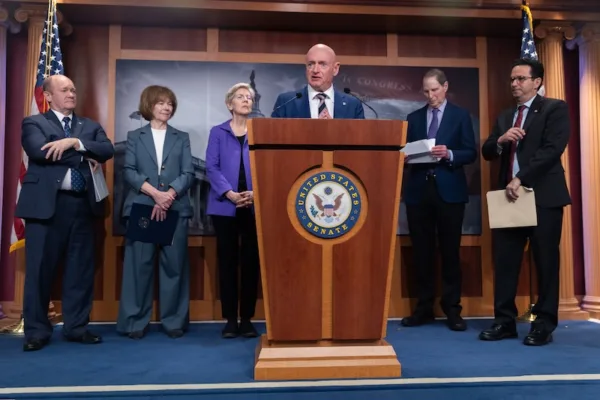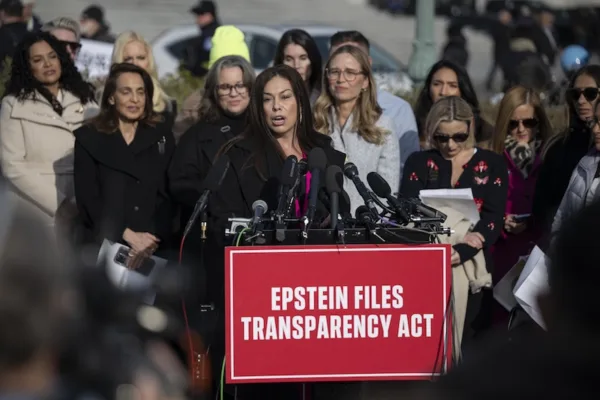To make history, Trump must work with Turkey
Four months into his presidency, Donald Trump continues to fight the establishment at home, as he tries to develop a foreign policy through trial and error. Since his inauguration, President Trump revised his position on Russia, China and NATO. The administration’s Middle East policy, meanwhile, remains under the control of former and current military officials.
What Mr. Trump’s Middle East policy will look like and how the administration will come to terms with Barack Obama’s legacy remain key questions for regional players. The Obama presidency, which was initially a source of hope for the region, entailed nothing but civil wars, destruction and sectarian clashes. Over the course of eight years, Mr. Obama broke Iran’s isolation and alienated U.S. allies in the Middle East including Turkey, Israel and Saudi Arabia. To make matters worse, the Obama administration failed to take action against the use of chemical weapons in Syria to turn the country into a safe haven for terrorists.
Although President Trump’s war on the Washington establishment attracts a lot of attention, he hasn’t yet been able to identify his strategic priorities or Middle East policy. On the one hand, Mr. Trump highlighted the importance of defeating Daesh, winning back U.S. allies in the region and containing Iran. On the other, Mr. Obama’s hand-picked commanders and senior officials continue to shape U.S. foreign policy.
For Turkey, the most important question relates to the future of Syria. Meanwhile, Turkey-U.S. relations haven’t been able to recover from a crisis triggered by Mr. Obama’s short-sighted Syria policy. To repair Washington’s relations with Ankara, which was further strained by the Obama administration’s weak response to last summer’s coup attempt in Turkey and failure to extradite Fetullah Gülen, Mr. Trump has a golden opportunity. In his upcoming meeting with President Recep Tayyip Erdoğan, Mr. Trump can fix his predecessor’s mistakes.
To repair Turkey-U.S. relations, the Trump administration only needs to support a fellow NATO ally’s war against terrorist groups including the PKK and the Gülenist Terror Group (FETÖ). In doing so, Washington must go over Turkey’s plan to defeat Daesh instead of outsourcing the war on terror to the People’s Protection Units (YPG), a Syrian franchise of the PKK. If the U.S. honestly engages the Turks, the two allies could work together on a permanent and rational plan to secure the future of Iraq and Syria after Daesh and become “strategic partners” again.
The good news is that the Trump administration refuses to take the smear campaign by Mr. Obama’s hand-picked officials and the liberal media against the Turkish president seriously. Still, two hurdles must be overcome in order for Washington to make a fresh start with Turkey.
First, the intelligence community seems hell-bent on linking former national security adviser Michael Flynn’s dealings with Russia to Turkey. At the same time, CENTCOM and the Pentagon desperately want a quick win against Daesh to bounce back from perceived failures in Iraq and Afghanistan – which means that they are willing to ignore the YPG’s ties to the PKK. Ironically, fighting terrorism with terrorism not only threatens the territorial integrity of Syria and Iraq but also raises concerns in neighboring countries over the risk of instability.
For the Turks, who recently bombed PKK positions in Sinjar, fighting the PKK/YPG remains a top priority to defend themselves against terrorism. If Mr. Trump wants to score a quick victory against Daesh and jump-start the political transition process in Syria, he should ignore the tactical recommendations of the military and hear out Mr. Erdoğan’s strategic proposal. Mr. Trump should not settle for Raqqa when he can go down in history as the U.S. president who wiped terrorists out of Syria.
This article was first published in Daily Sabah on May 10, 2017.








